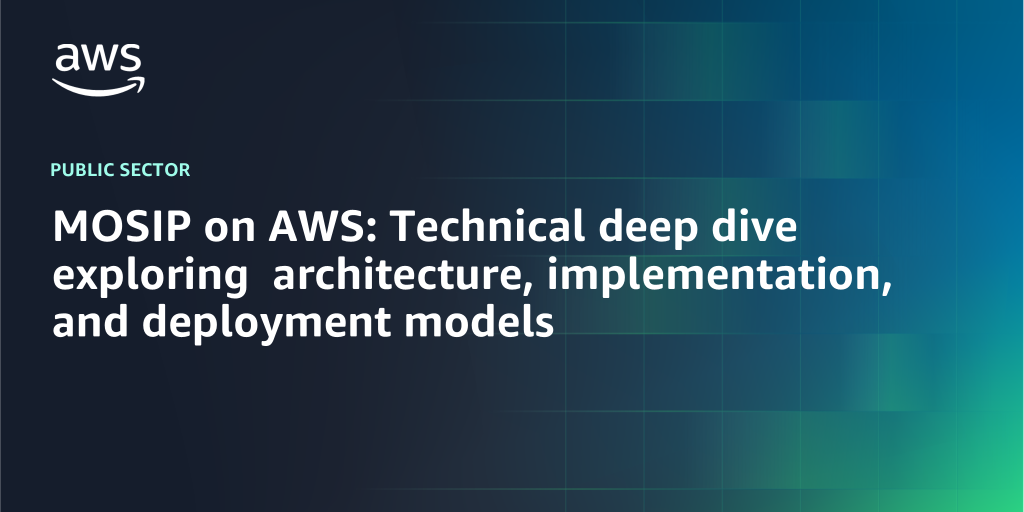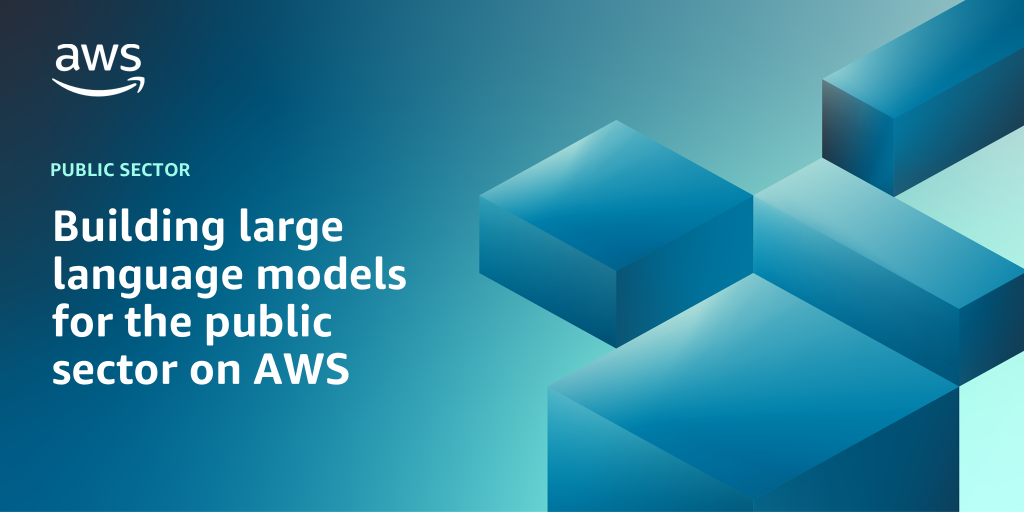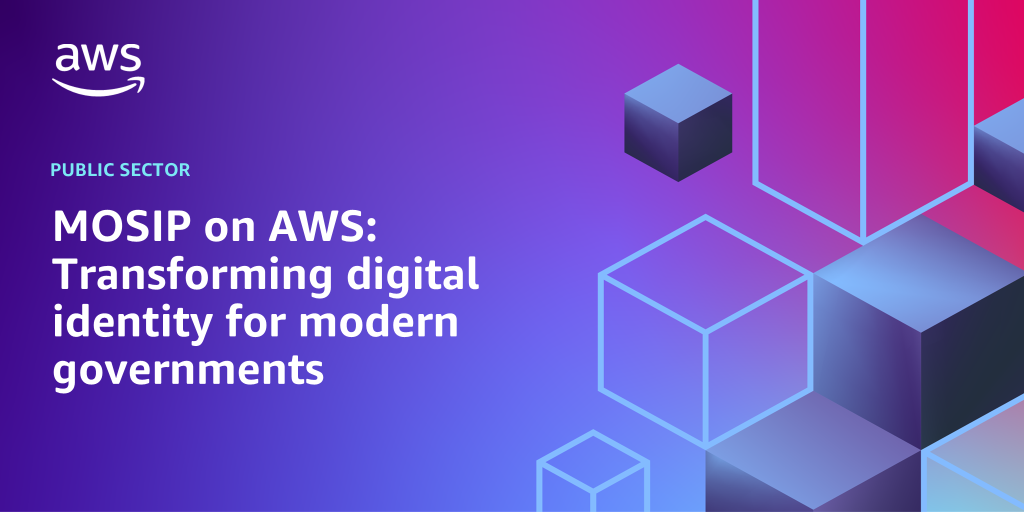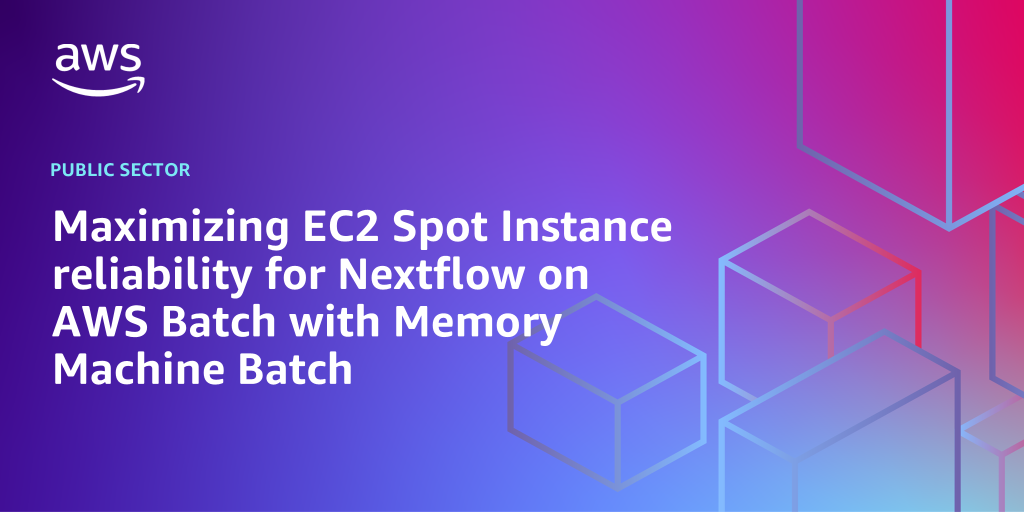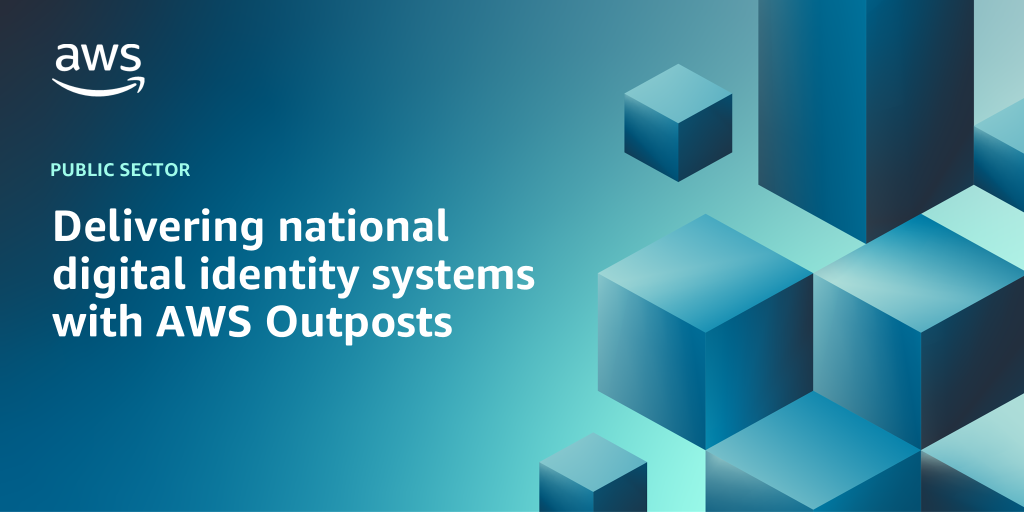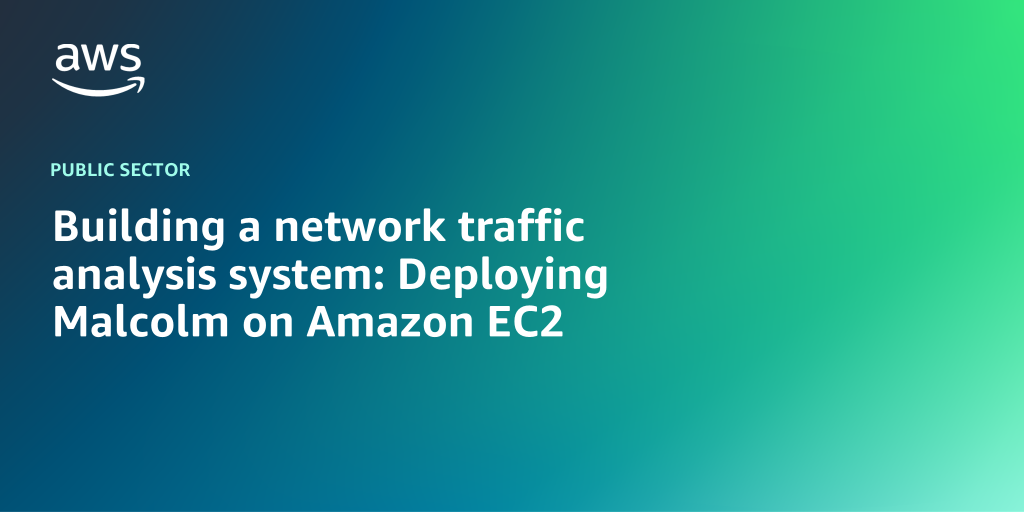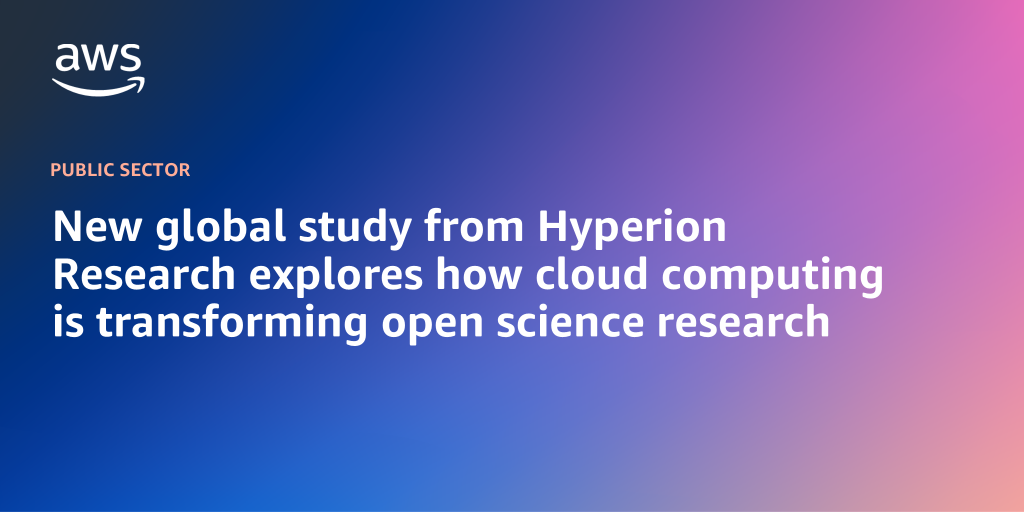AWS Public Sector Blog
Category: Compute
Powering serverless multi-account analytics with AWS Lambda, Amazon Aurora, and Amazon Quick Suite
As a large Amazon Web Services (AWS) public sector customer, you might need information about which accounts contributed to this month’s billing surge, which workloads generated the most security findings, or which services experienced the highest adoption rates. Although straightforward in single-account environments, finding such information becomes complex when organizations manage hundreds or thousands of AWS accounts.
MOSIP on AWS: Technical deep dive exploring architecture, implementation, and deployment models
Whether you’re a technical architect, systems integrator, or government technology leader, this post provides the technical insights needed to understand and implement MOSIP (Modular Open-Source Identity Platform) on AWS effectively.
Building large language models for the public sector on AWS
This blog post provides a comprehensive overview of the custom large language model (LLM) development lifecycle for public sector use, emphasizing scientific methodology and measurable outcomes.
How The Coupon Bureau built a real-time universal digital coupon platform on AWS
The Coupon Bureau (TCB) is modernizing how coupons work in the US with the first universal digital coupon standard: AI (8112). To make this possible, TCB needed to build a system that could support billions of coupon transactions in real time, integrate seamlessly with hundreds of providers and retailers, and deliver mission-critical reliability. By using AWS services, TCB designed a cloud-based architecture that processes high-volume events, delivers real-time webhook notifications, provides data recovery during outages, and scales seamlessly as adoption grows.
MOSIP on AWS: Transforming digital identity for modern governments
According to the World Bank’s Identification for Development (ID4D) initiative, approximately 850 million people globally don’t have official identification. This prevents citizens from access to essential services including healthcare, education, and social benefits. To address these challenges, Atos and AWS have collaborated on an innovative cloud-based digital identity system using the Modular Open-Source Identity Platform (MOSIP), making these systems more accessible, secure, and scalable than ever before.
Maximizing EC2 Spot Instance reliability for Nextflow on AWS Batch with Memory Machine Batch
AWS partners with providers of innovative solutions such as MemVerge, an AWS Partner Network (APN) Advanced Technology Partner, whose Memory Machine Batch (MMBatch) technology complements AWS Batch by providing advanced checkpointing capabilities for EC2 Spot Instances. In this post, we look at how MemVerge’s technology can overcome the challenges of interrupted pipelines by enabling pipelines that were interrupted mid task to start from where they left off, regardless of Spot Instance reclaims. We’ll also show how MemVerge’s Batch Viewer and proven best practices empower researchers to visualize their workloads, identify bottlenecks, and apply smart strategies that make their pipelines more efficient, resilient, and cloud-optimized.
Delivering national digital identity systems with AWS Outposts
As governments worldwide seek to modernize their services, secure and scalable digital identity systems are becoming essential infrastructure. Through a combination of AWS Outposts, digital identity solutions like Modular Open Source Identity Platform (MOSIP), and innovative architectures that couple cloud capabilities with data residency requirements, governments can build digital identity systems that are reliable, resilient, and ready for the future. Read this post to learn more.
How Voyatek’s child support solution Thrive implements granular control of container deployments
In modern cloud environments, organizations need efficient ways to manage and deploy multiple microservices while maintaining individual service autonomy and deployment flexibility. This is particularly important for complex solutions like child support systems that require both reliability and agility in their deployment processes. Voyatek offers an open-source, cloud-based child support solution that leverages a microservices architecture powered by AWS. Read this post to learn more.
Building a network traffic analysis system: Deploying Malcolm on Amazon EC2
In this post, we provide step-by-step guidance for deploying Malcolm—an open source network traffic analysis suite—natively on Amazon Elastic Compute Cloud (Amazon EC2), using the on-demand compute, elasticity, and scalability of AWS to eliminate traditional infrastructure overhead. This approach is particularly beneficial for cost-conscious public sector (federal, state, and local), utility, and industrial customers who require network and security monitoring to deliver on their missions.
New global study from Hyperion Research explores how cloud computing is transforming open science research
In an era where scientific discovery transcends borders, cloud computing is helping advance how researchers collaborate and innovate across the globe. Now available for download, The Value of Utilizing Cloud Service Providers for Open Science Research report—produced by Hyperion Research and sponsored by AWS— explores how and why researchers use cloud to accelerate open science research. Read this post to learn more.

